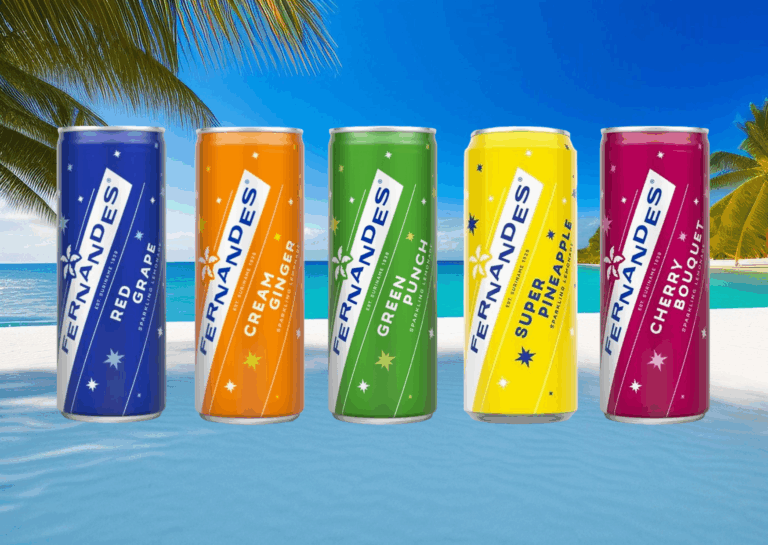What does a Halal certification mean?
In a world where consumers are increasingly making conscious choices about what they eat, the halal certification is playing an ever-growing role in the candy industry as well. While halal was previously mainly associated with meat products, it is now an important topic in many more product categories – including candy. But what does ‘halal’ actually mean in the context of sweets, and why is it becoming a decisive factor for more and more people when choosing their favorite treats?
The word halal comes from Arabic and means ‘permitted’ or ‘pure’ according to Islamic dietary laws. A halal certification on a product indicates that it is free from ingredients or production methods that are prohibited (haram) according to Islamic law. In candy, this often involves avoiding certain animal ingredients such as gelatin from pigs, colorants derived from insects, or alcohol used as a solvent in flavors.
Many traditional candies contain ingredients that are not halal, often without consumers being aware of it. Think of gelatin made from pig bones or emulsifiers of animal origin. For Muslims – and increasingly also for vegetarians, vegans, and conscious eaters – this is a reason to look for alternatives that are clearly labeled as halal.
Due to the growing demand worldwide, more and more brands are bringing halal-certified candies to the market. From fruit gummies to sour mats and even marshmallows: halal variants are on the rise. Brands like ZED Candy and Sweetzone now offer certified halal product lines, often recognizable by an official logo on the packaging.
Although halal is primarily a religious standard, many non-Muslim consumers also consciously choose halal products. This is because halal candy often has a transparent ingredient list, contains fewer artificial additives, and is free from animal residues. For some people, it aligns better with an ethical, animal-friendly, or healthy lifestyle.
Halal candy is increasingly easier to find nowadays. Not only in Turkish or Moroccan supermarkets, but also in specialized webshops and even in regular supermarkets. Often, the certification is clearly marked on the packaging, though it remains important for consumers to read the ingredient list carefully.
Halal candy is more than just a trend – it reflects a broader movement towards transparency, inclusivity, and conscious consumption. Whether you eat halal yourself or are just looking for alternative candy options, the selection is growing, and the choices are becoming increasingly interesting and delicious.
 Soft drinks
Soft drinks Energy drinks
Energy drinks Ice tea
Ice tea USA drinks
USA drinks Sugar free drinks
Sugar free drinks Dairy
Dairy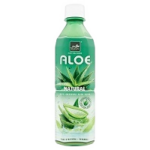 Juices
Juices Syrup
Syrup Drink packs
Drink packs Water
Water Chips
Chips Chocolate
Chocolate Cookies
Cookies Nuts
Nuts Breakfast
Breakfast Party sauces
Party sauces Snacks
Snacks Candy
Candy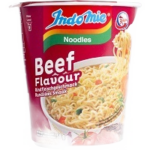 Noodles
Noodles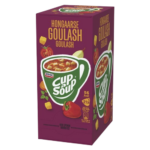 Soup
Soup USA food
USA food Willis
Willis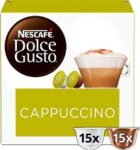 Cups
Cups Filter coffee
Filter coffee Coffee beans
Coffee beans Coffee pads
Coffee pads Sugar, milk & co
Sugar, milk & co Instant coffee
Instant coffee Tea
Tea Sport drinks
Sport drinks Sport snacks
Sport snacks
